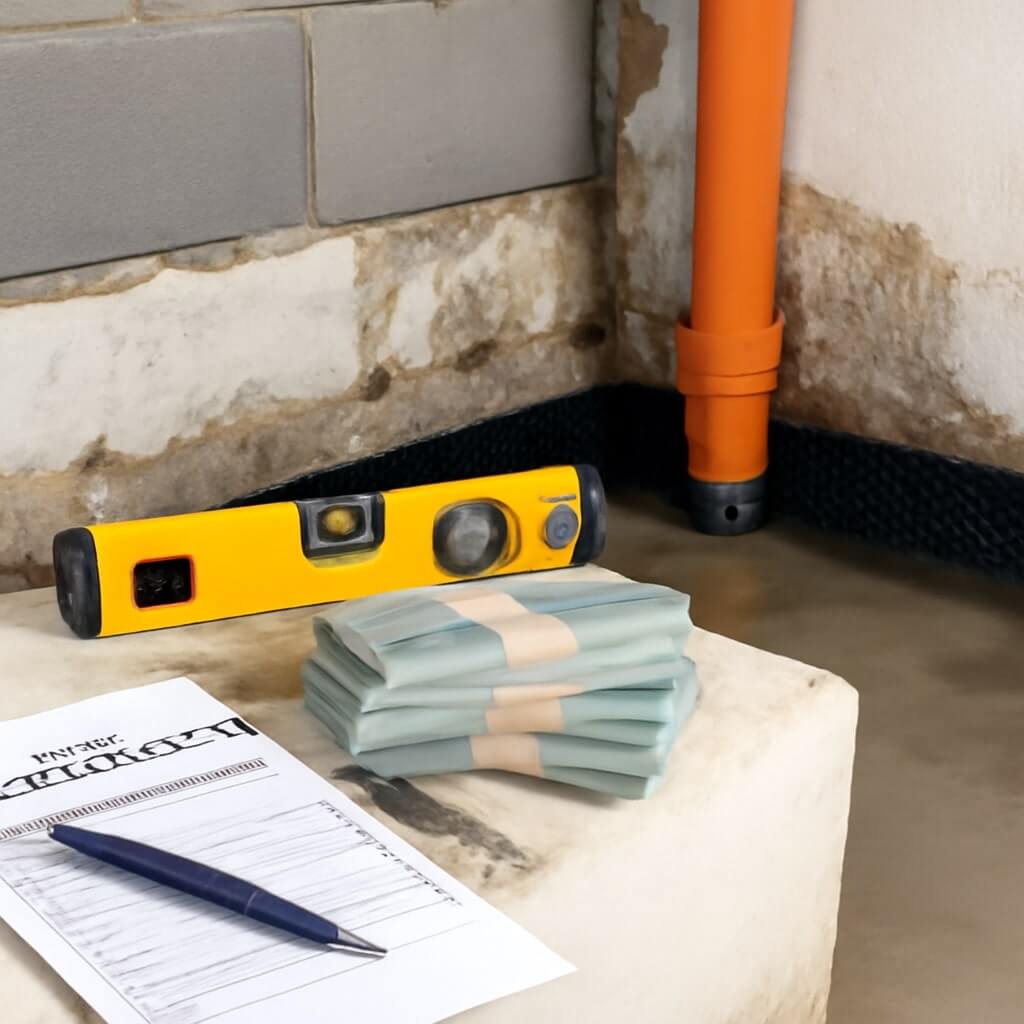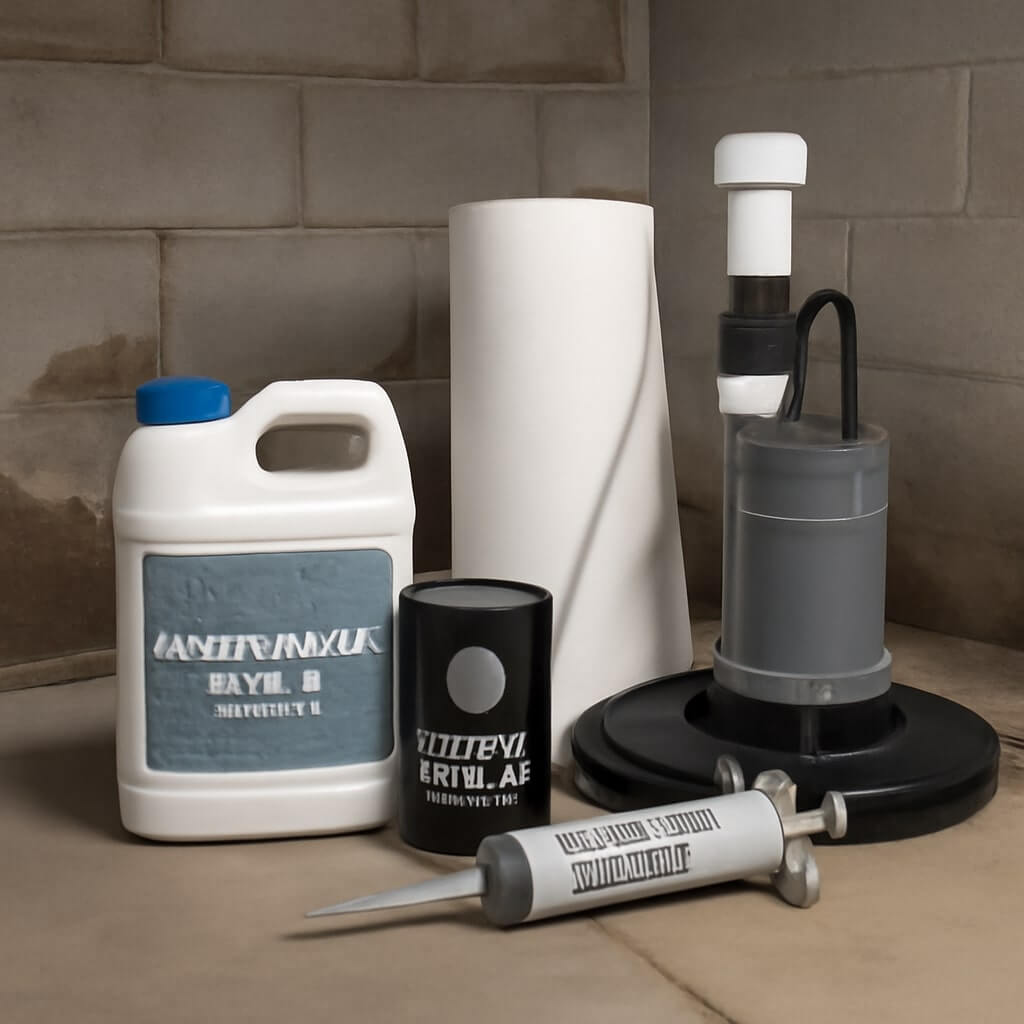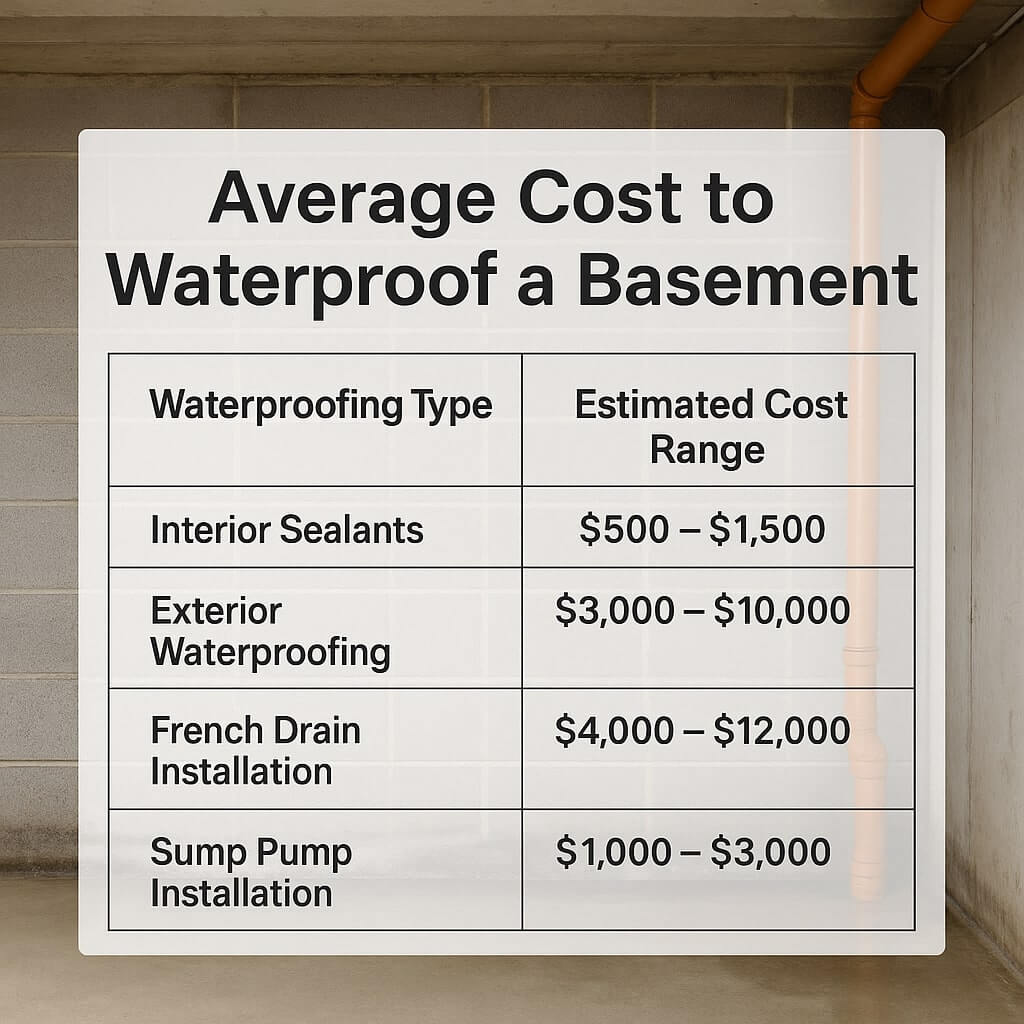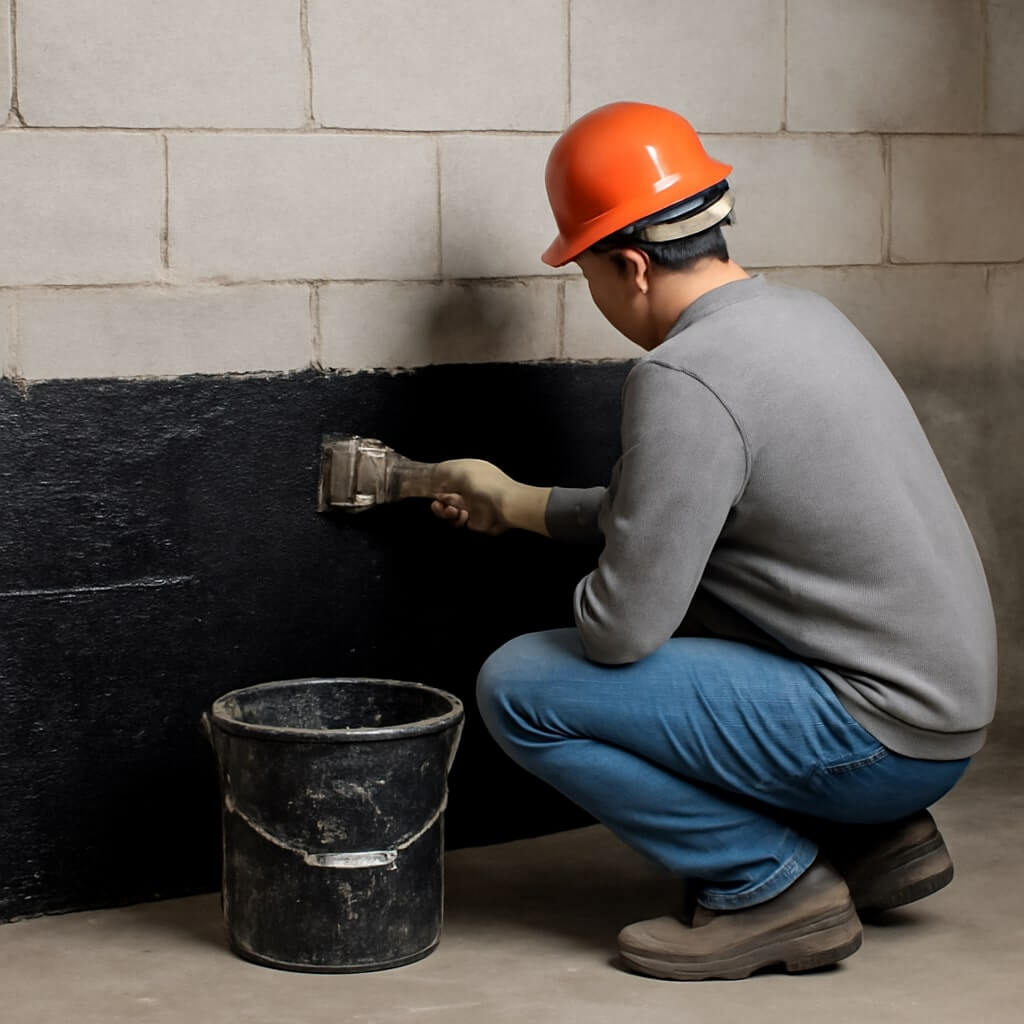When it comes to protecting your home, basement waterproofing is one of the most crucial investments you can make. However, this necessary renovation can often be expensive. Fortunately, basement waterproofing financing options have made it easier for homeowners to tackle this issue without draining their savings. In this SEO-optimized article, we’ll explore what basement waterproofing financing is, how it works, available options, and answer frequently asked questions.
Why Basement Waterproofing Matters
Water intrusion in your basement can lead to structural damage, mold growth, and loss of property value. A professionally waterproofed basement ensures a safer, drier home and can prevent costly long-term repairs.
The Cost of Basement Waterproofing
The average cost to waterproof a basement can range between $2,000 to $10,000 depending on factors such as:
- Basement size
- Severity of water damage
- Waterproofing method (interior vs. exterior)
- Labor and materials
Given the cost, many homeowners seek financing solutions to make the investment more manageable.
What is Basement Waterproofing Financing?
Basement waterproofing financing allows homeowners to spread the cost of waterproofing services over time. This type of financing may come through personal loans, contractor-sponsored plans, or specialized home improvement financing products.
Top Basement Waterproofing Financing Options
1. Home Improvement Loans
Unsecured personal loans from banks or credit unions are popular for basement waterproofing. These loans have fixed rates and terms.
Pros: Quick approval, no home equity needed
Cons: Higher interest rates for poor credit
2. HELOCs (Home Equity Lines of Credit)
A HELOC lets you borrow against your home’s equity.
Pros: Lower interest rates
Cons: Requires good equity and can risk your home if not repaid
3. Contractor Financing
Many waterproofing companies partner with third-party lenders to offer customized payment plans.
Pros: Often includes promotional 0% interest periods
Cons: May involve hidden fees
4. Credit Cards
For smaller waterproofing jobs, credit cards may be used.
Pros: Instant availability of funds
Cons: High interest rates if not paid quickly
5. Government Programs & Grants
In some regions, local or federal programs offer low-interest loans or grants for home improvements, including waterproofing.
Pros: Low-cost financing or subsidies
Cons: Limited eligibility
How to Qualify for Financing
Lenders typically assess:
- Credit score
- Income level
- Debt-to-income ratio
- Employment history
To improve your chances, maintain a good credit score and shop around for the best terms.
Tips for Choosing the Right Financing Option
- Compare APRs and repayment terms
- Watch out for prepayment penalties
- Read the fine print on contractor deals
- Consider total loan cost—not just monthly payments
SEO Keyword Summary
Primary Keywords: basement waterproofing financing, financing basement waterproofing, waterproofing loan options
Secondary Keywords: home improvement loans, waterproofing contractor payment plans, HELOC waterproofing, credit card for waterproofing
Frequently Asked Questions (FAQs)
Can I finance basement waterproofing with bad credit?
Is financing a good idea for basement waterproofing?
How long are typical financing terms?
Do waterproofing companies offer payment plans?
Can I get a tax deduction for basement waterproofing?
Final Thoughts
Basement waterproofing is essential to maintaining a safe and valuable home. With several basement waterproofing financing options available, homeowners no longer need to delay crucial repairs. Be sure to compare plans, understand the terms, and choose the one that fits your financial situation.




